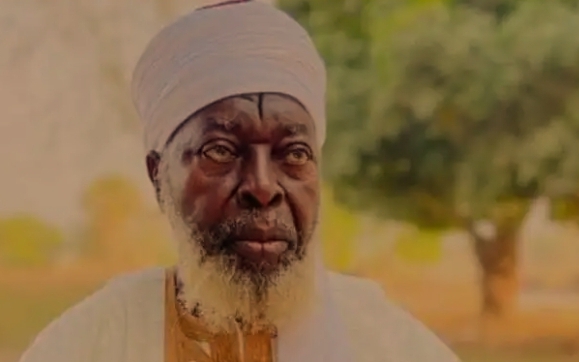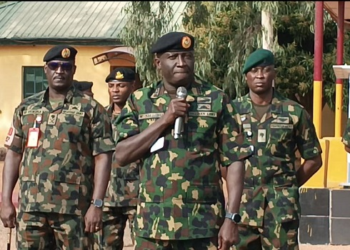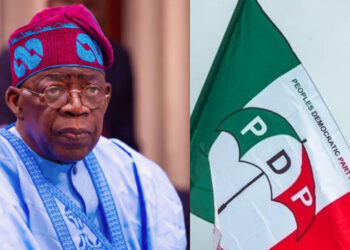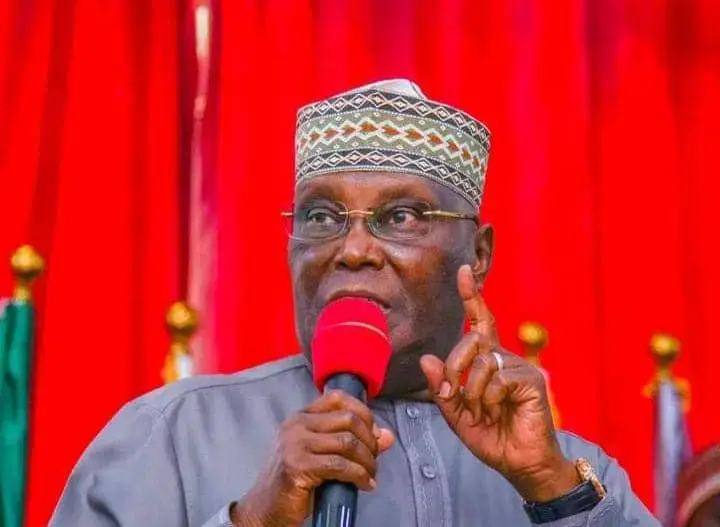In a bid to tackle Nigeria’s growing insecurity, the Supreme Council for Shari’ah in Nigeria urges the federal government to delve into the underlying causes of the nation’s instability.
At a recent gathering in Kaduna state, Sheikh Abdurrasheed Hadiytullah, President of the SCSN, emphasised the imperative collaboration between the Hausa and Fulani communities, highlighting their pivotal role in fostering unity within the Muslim populace.
At the annual pre-Ramadhan meeting of the majis ash shurah, Sheikh Abdurrasheed Hadiytullah outlined the necessity for a retrospective analysis of Shari’ah implementation in Nigeria.
He stressed the importance of fostering unity and solidarity among Muslim communities to collectively combat poverty, enhance education, and promote economic development.
The meeting also delved into the position of Shari’ah regarding women’s leadership, seeking to offer insights into the evolving role of women in governance and societal structures.
Sheikh Abdurrasheed Hadiytullah highlighted the need for nuanced discussions and a deeper understanding of Islamic principles in contemporary contexts.
Sheikh Abdurrasheed Hadiytullah emphasised the responsibility of elected leaders to prioritize the welfare of their constituents.
Quoting the Islamic principle, “Sayyidul qaum khaadimuhu” (the leader of a people is their servant), he urged leaders to approach governance with humility and a sense of duty towards those they serve.
Amidst socio-economic challenges, Sheikh Abdurrasheed Hadiytullah stressed the importance of collective prayers and spiritual resilience.
He called upon Muslims nationwide to seek solace in faith, fostering a deeper connection with Allah SWT through repentance and supplication.
Prayer, he asserted, serves as a unifying force, guiding individuals towards righteousness and peace.
As Ramadan approaches, Sheikh Abdurrasheed Hadiytullah urged fervent prayers for peace and divine intervention in addressing terrorism, insurgency, and criminal activities plaguing Nigeria.
He underscored the need for multi-stakeholder collaboration, urging government, civil society, and the private sector to work collectively in addressing insecurity and implementing comprehensive solutions.











